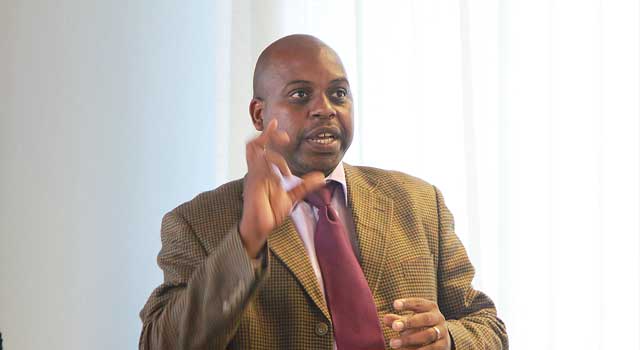The demographic dividend refers to an accelerated economic growth that arises from a significant increase in the ratio of working-age adults relative to their dependents. This is brought about by a falling birth rate (demographic transition) and the consequent shift in the age structure of the population towards the working ages. The dividend does not happen automatically. The demographic transition and changes in the population structure should be accompanied by sustained investments in education, skills development, health, job creation and good governance. A number of studies confirm the association between a favourable demographic situation and economic growth. For example, South East Asian countries, Indonesia, Malaysia, Singapore and Thailand, commonly known as the ‘Asian tigers,’ have benefitted a lot from the ‘window of opportunity’ when it opened for them in the 1970s. Studies also emphasize that whether that opportunity is realised depends on whether socio-economic policies are favourable for economic growth. Now, Botswana’s demographic ‘window of opportunity’ has just opened and the question is: Is the country aware, and is it positioning itself strategically to harness the Demographic Dividend and realize accelerated economic growth.
Gazette Business asked Moses Keetile, Population and Development Specialist at the United Nations Population Fund (UNFPA) Botswana office, if the Demographic Dividend concept has caught on in Botswana. “The concept is fairly new and not very much known in Botswana. However, demographic transition has already happened in Botswana, and therefore the demographic window had just opened. Total fertility rate has reduced from 4.2% in 1991 to 2.7% in 2011. Botswana has a youthful population, with 52.9% of the population below the age of 24 years,” he responded. He was asked if there were any deliberate efforts by both Botswana Government and stakeholders to push for the exploitation of the ‘window of opportunity’ to realise economic growth. In response, Keetile said government has prioritised young people and therefore ministries continue to develop and implement programmes and policies that are geared towards improving the lives of young people. He was quick to point out, however, that more deliberate policy options to achieve the demographic dividend need to be explored; “Our collaboration with the University of Botswana (UB) is a contribution to providing the evidence required to explore the policy options. The NDP 11 and vision beyond 2016 provide opportunity for more deliberate policies to harness the Demographic Dividend.”
Quizzed on what role they are playing as a development partner to create awareness around Demographic Dividend and to push for efforts to realize it, Keetile said through their partnership with the Population Studies Department of the UB, they raise awareness among policy-makers and programme managers on the Demographic Dividend, and policy options for Botswana to achieve the Demographic Dividend. “Already two seminars have been conducted and a few more will be organized during the year for different stakeholders,” he said, adding that UNFPA has also extended invitations to relevant authorities to attend regional and international meetings, such as the ‘Joint AUC/ECA Conference of the African Ministers of Finance, Planning and Economic Development Opens with focus on Agenda 2063’ and ‘UNGA High-Level Event on the Demographic Dividend and Youth Employment’ and both addressed the Demographic Dividend. He said UNFPA will also continue to advocate for harnessing the Demographic Dividend in strategic national frameworks such as the National Development Plan and Vision Beyond 2016 document.
At one of the seminars Keetile makes reference to, hosted by both the UNFPA and the UB in November 2014 under the theme Harnessing the Demographic Dividend in Botswana, it was agreed that a comprehensive country study analysis should be done to provide evidence based planning of harnessing the Demographic Dividend. Gazette Business asked Keetile how far they were with the study. “The study will commence in June 2015. UNFPA is collaborating with the African Institute for Development Policy to provide the technical expertise in conducting the study. This regional institute will work closely with local experts mainly from UB. UNFPA has conducted these studies in Zambia, Uganda and Malawi[before],” he responded.
This publication tried without success to reach the Population Studies Department of the UB and the Population Unit within the Ministry of Finance and Development Planning to field questions around their contribution towards harnessing the Demographic Dividend.

